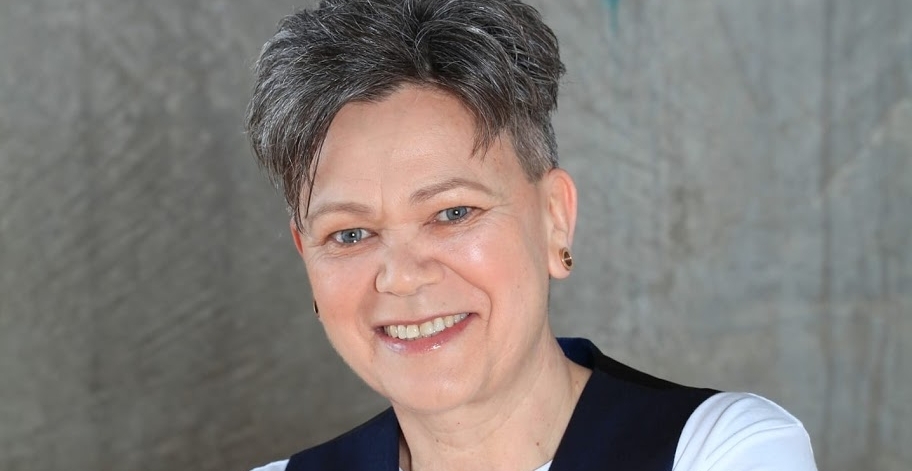Cultural genocide through the removal of Indigenous children from their families by colonial States continues to negatively impact the well-being of Indigenous people globally. This doctoral research employs a Mana Wāhine (Māori feminist) conceptual framework; drawing from historical intergenerational trauma theory, within a qualitative autoethnography and case study methodology, to explore the impact of such child removal in Aotearoa. Exploration particularly focuses on the whakapapa trauma that new mothers experience when their pēpē are forcefully removed by the State.
The research is a self-decolonising journey through my lived, embodied experience as the researcher – both of being removed as a child from my whānau by the State in Aotearoa, and of being a qualified professional working in child welfare in Aotearoa. The approach speaks to the absolute need for Indigenous womens’ voices to be centralised within social research and asserts their understandings as the heart of the process and analysis.
Write with your eyes like painters, with your ears like musicians, with your feet like dancers. You are the truth sayer with quill and torch. Write with your tongues of fire. Don’t let the pen banish you from yourself. Don’t let the ink coagulate in your pens. Don’t let the censors snuff out the spark, nor the gags muffle your voice. Put your shit on the paper. (Anzaldúa, 1981: 173)
